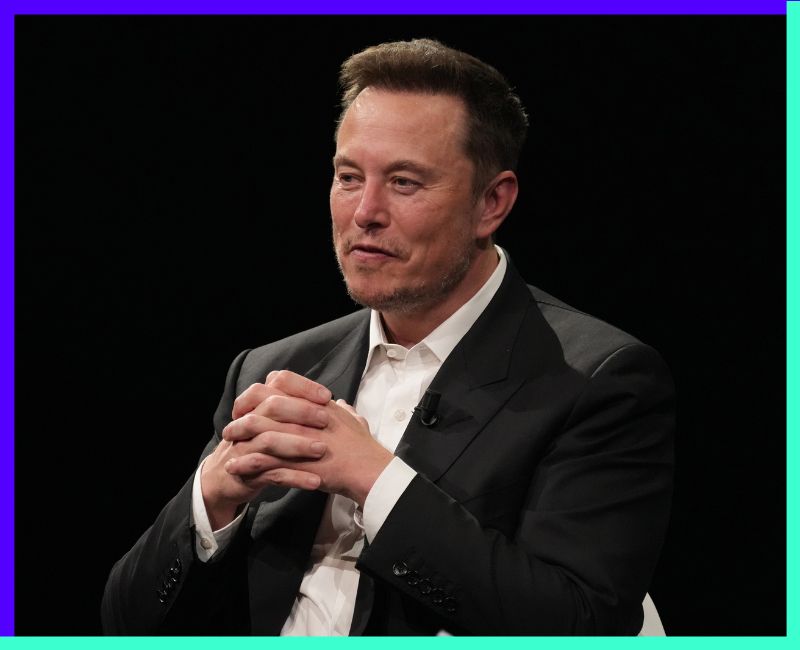The digital realm was rocked by an unexpected disruption when a highly anticipated interview with former President Donald Trump was abruptly halted due to a Distributed Denial of Service (DDOS) attack. Elon Musk, a central figure in the tech industry, attributed this attack to an entity he cryptically referred to as “X.” This article delves into the incident, exploring the personalities involved, the nature of the attack, and the broader implications for digital security.
Who is Elon Musk?
Elon Musk, CEO of multiple forefront tech companies including SpaceX and Tesla, is known for his innovative impact on technology and space travel. Musk’s ventures into media and communications have also been notable, particularly with his involvement in platforms that host significant political and public discourse.
Who is Donald Trump?
Donald Trump, the 45th President of the United States, has been a polarizing figure in global politics and media. His interviews often draw significant attention and controversy, making any disruptions a major news event.
What is a DDOS Attack?
A DDOS attack involves overwhelming a website or online service with traffic from multiple sources, effectively making it unavailable to legitimate users. Such attacks are common tools of disruption in the digital world.
There appears to be a massive DDOS attack on 𝕏. Working on shutting it down.
— Elon Musk (@elonmusk) August 13, 2024
Worst case, we will proceed with a smaller number of live listeners and post the conversation later.
The Interview: Context and Expectations
The interview with Trump was highly anticipated, expected to cover a range of topics from political to personal. The disruption not only silenced a key media event but also highlighted vulnerabilities in digital platforms hosting such discussions.
The sequence leading to the interview was meticulously planned, but the sudden onset of the DDOS attack created chaos, disrupting the broadcast unexpectedly.
Immediate Reactions
Reactions were swift, with Musk tweeting about the incident shortly after the interruption, and various media outlets and public figures commenting on the disruption.
Investigation into the DDOS Attack
Initial investigations focused on identifying the perpetrators, with Elon Musk openly blaming “X,” a term that led to widespread speculation and intrigue within the tech and security communities.
Elon Musk’s Accusations
Musk’s accusation pointed towards a deliberate sabotage, though details were initially sparse. The identity and motives of “X” were a focal point of subsequent discussions and analyses.
Technical Breakdown of the Attack Experts weighed in on how such an attack could be orchestrated against a high-profile event, discussing potential vulnerabilities that were exploited.
Implications for Digital Security
The incident served as a wake-up call for digital security measures, prompting discussions on how to better protect against such high-scale disruptions.
Leaders from various tech companies expressed their concerns and offered insights into bolstering defenses against similar attacks in the future.
The DDOS attack raised questions about the legal ramifications for perpetrators and the ethical implications of securing public platforms against digital threats.
Future of Online Interviews and Security
Looking forward, the incident is likely to influence how online interviews are secured, with potential advancements in protective technologies and strategies.
The DDOS attack on the Trump interview, attributed by Elon Musk to an entity known as “X,” underscores the ongoing challenges in digital security and the implications for public discourse. As the digital landscape continues to evolve, so too must the measures to protect it.






